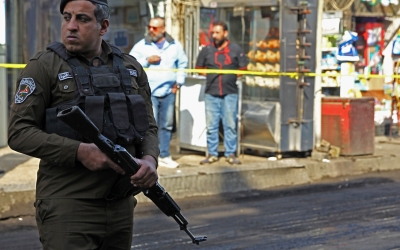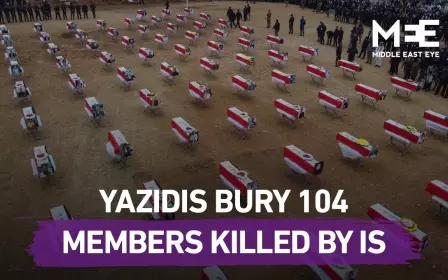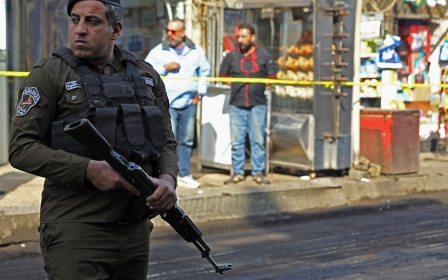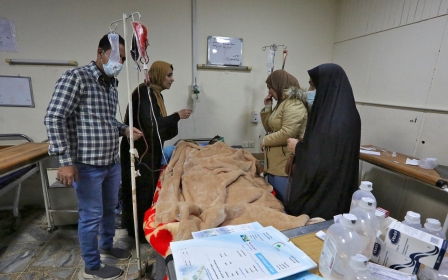Syria Kurds hand Iraq 100 alleged Islamic State fighters: Reports
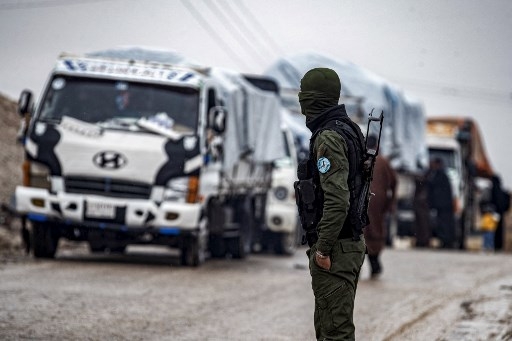
A US-backed Kurdish force in northeast Syria handed over 100 alleged Islamic State (IS) group fighters to Baghdad this week, a senior Iraqi security source told AFP on Sunday.
The Iraqi fighters were being interrogated before being transferred to the judiciary, the source said.
But an official with the Syrian Democratic Forces (SDF) denied the handover had taken place.
The semi-autonomous Kurdish administration is sometimes reluctant to discuss issues related to IS fighters or their families held in SDF prisons and camps.
The Kurdish force has already handed over around 900 Iraqis caught fleeing the last remnants of the "caliphate" in 2019.
Around 1,600 Iraqis were still detained in northeast Syria at the end of last year over allegedly fighting for IS, according to a United Nations report released this month.
Iraq has tried thousands of its nationals for belonging to a "terrorist" group, which carries the death penalty according to the country's 2005 Counter-Terror Law.
Hundreds of them have been condemned to death, but only a small portion of the sentences have been carried out as they require presidential approval.
Current President Barham Saleh is known to be against capital punishment.
Tensions in al-Hol camp
Two senior officials from the US-led coalition told AFP that the original deal was also meant to include the transfer of at least 500 Iraqi civilians from the al-Hol displacement camp in northeast Syria to Iraqi territory.
The UN said in January that 12 murders have taken place at al-Hol camp in just over two weeks, sounding the alarm over an "increasingly untenable" security situation.
Run by Kurdish forces, al-Hol camp holds almost 62,000 people, of whom more than 80 percent are women and children, including Syrians, Iraqis and thousands from as far afield as Europe and Asia.
The foreigners are family members of suspected IS militants. The Iraqi and Syrian residents of the camp largely fled fighting between IS and Kurdish forces.
Once holding a third of both Syria and Iraq, IS has been reduced to clandestine cells operating across the desert border area between the two countries.
Last month, Iraqi Prime Minister Mustafa al-Kadhimi said security forces had killed the country's top IS commander, who had claimed to be the group's "deputy caliph," a week after an attack in Baghdad killed more than 30 people.
Middle East Eye delivers independent and unrivalled coverage and analysis of the Middle East, North Africa and beyond. To learn more about republishing this content and the associated fees, please fill out this form. More about MEE can be found here.


